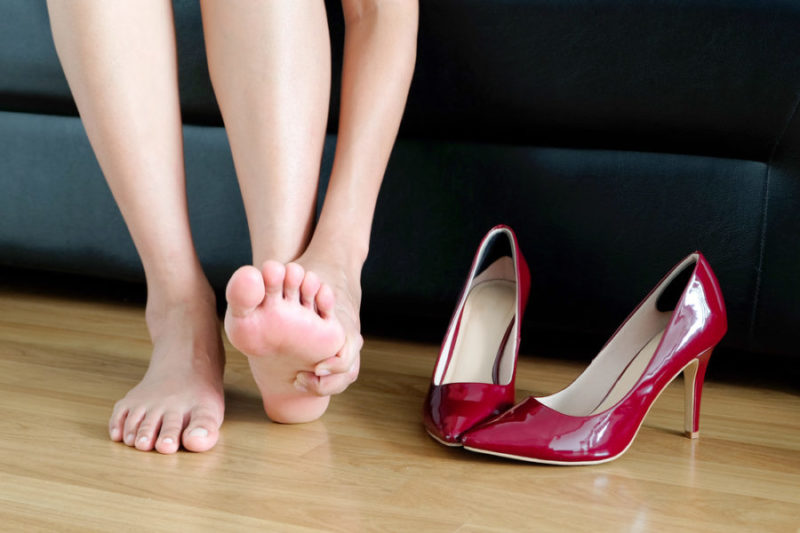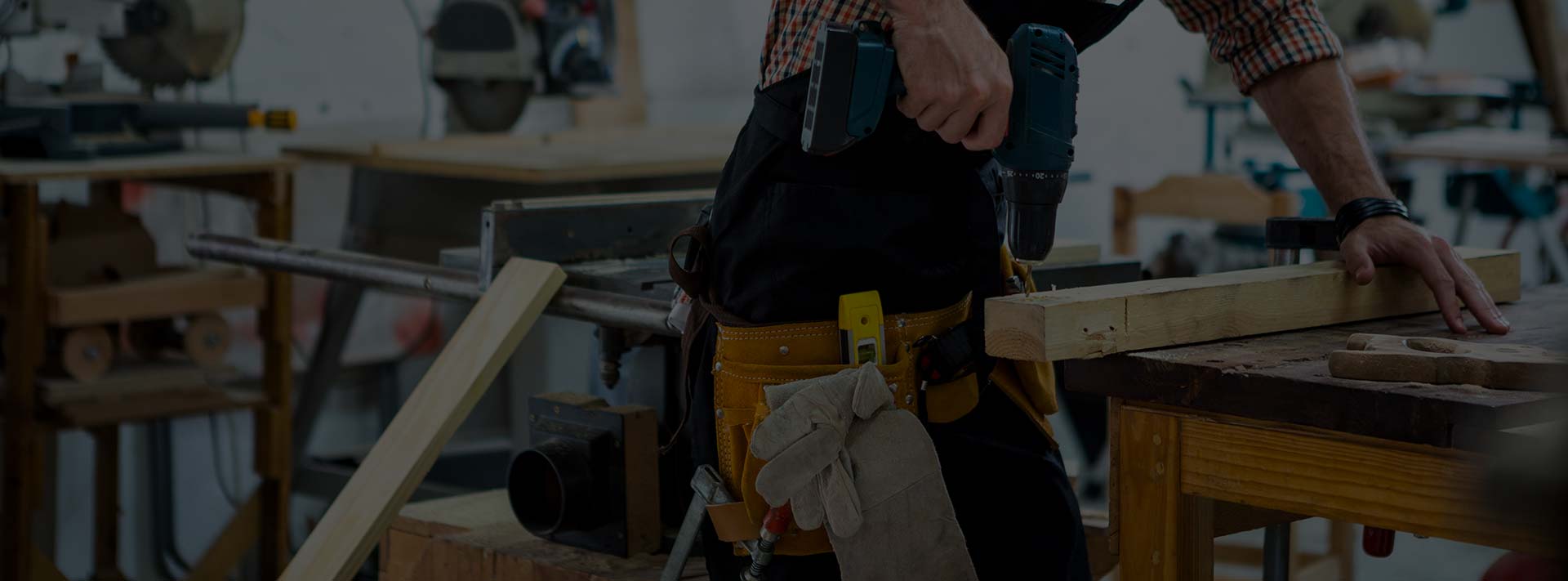
15 Jul Exercises That Can Help With Plantar Fasciitis Pain
A strain, inflammation, or overuse on the plantar fascia ligament (a band of tissue that connects the heel bone to the toes) results in an injury known as plantar fasciitis. Its condition affects the tissue under the arch of the foot. However, it can also result in excruciating pain of the heel.
Plantar Fasciitis. typically takes around 6 to 18 months to heal without any treatment. However, with consistency and the right treatment, people suffering from plantar fasciitis. will recover quickly 97% of the time. Here are some effective stretches and exercises for plantar fasciitis. recovery, along with a few home remedies that can help.
Plantar Fasciitis Stretches
In most instances, plantar fasciitis. is an overuse injury. Runners or obese individuals are more likely to suffer from this condition. It causes stress to the surrounding muscles as well, resulting in pain that’s felt beyond the heel. There are a few simple exercises that can help reduce this tension in your foot. Performing these pain-free exercises two or three times a day offers quick pain relief and consistent improvement in the condition, as well.
#1 Calf Stretching
The tightness of muscles in the feet and calves makes the pain feel worse. Slowly loosening the calf muscles will ease the pain. Perform the following stretch:
- Lean your hand against a wall
- Then, straighten the knee of your affected leg and bend the other knee
- Both feet should be flat on the ground
- You will soon feel a stretching sensation around the heel and calf of your extended leg.
- Hold this for about 10 second Perform this twice a day
#2 Rolling Stretches
Another way to loosen your calf muscles is by placing a round object under your foot and rolling it back and forth. Many people use golf balls, rolling pins, and specialised foam rollers for this exercise. Follow these steps to stretch your foot:
- Sit down on a tall chair
- Roll the round object under the arch of your foot
- Continue this for 2 minutes
#3 Plantar Fascia Stretching
Carry out the following exercises to ease muscle tightness in the plantar fascia:
- Sit on a chair, and cross your injured heel over the other leg
- Hold the foot with your opposite hand
- Pull your toes towards the shin, to create tension in the arch
- Place your hand at the bottom of your foot to get a feel of the pressure in the plantar fascia
- You can use a towel to hold on to the foot in case it’s tough to do so otherwise
- Hold for about 10 seconds
- Repeat 2/3 times
#4 Foot Flexing
Flexing your foot effectively increases the blood flow in the area, helping relieve the tension in your calves. An elastic stretch band is required to carry out this exercise. You can either buy it from an online store or a sports store. Follow these steps:
- Sit down on the floor with your legs straight
- Use the elastic band to wrap your foot, and hold the ends in your hands
- Point your toes away from your body
- Return to the starting position
- Repeat this 10 times
#5 Towel Curls
Another way to stretch your foot and calf muscles is by curling a towel with your toes. Complete these stretches before carrying out all your morning tasks. Follow these steps:
- Sit on a chair and keep both feet flat
- Place a towel in front of your feet
- Hold on to the centre of the towel with your toes
- Curl the towel towards you
- Relax, and repeat 5 times
If you continue to suffer from plantar fasciitis. pain for extended periods, consult a certified podiatrist and get treatment from them.
We offer tailored treatment options for flat feet and other foot-related problems. For information on our podiatry services, at Sydney Sports Podiatry, feel free to contact us at either one of our locations.
Thanks for reading,
Sydney Sports Podiatry
1300 474 306



